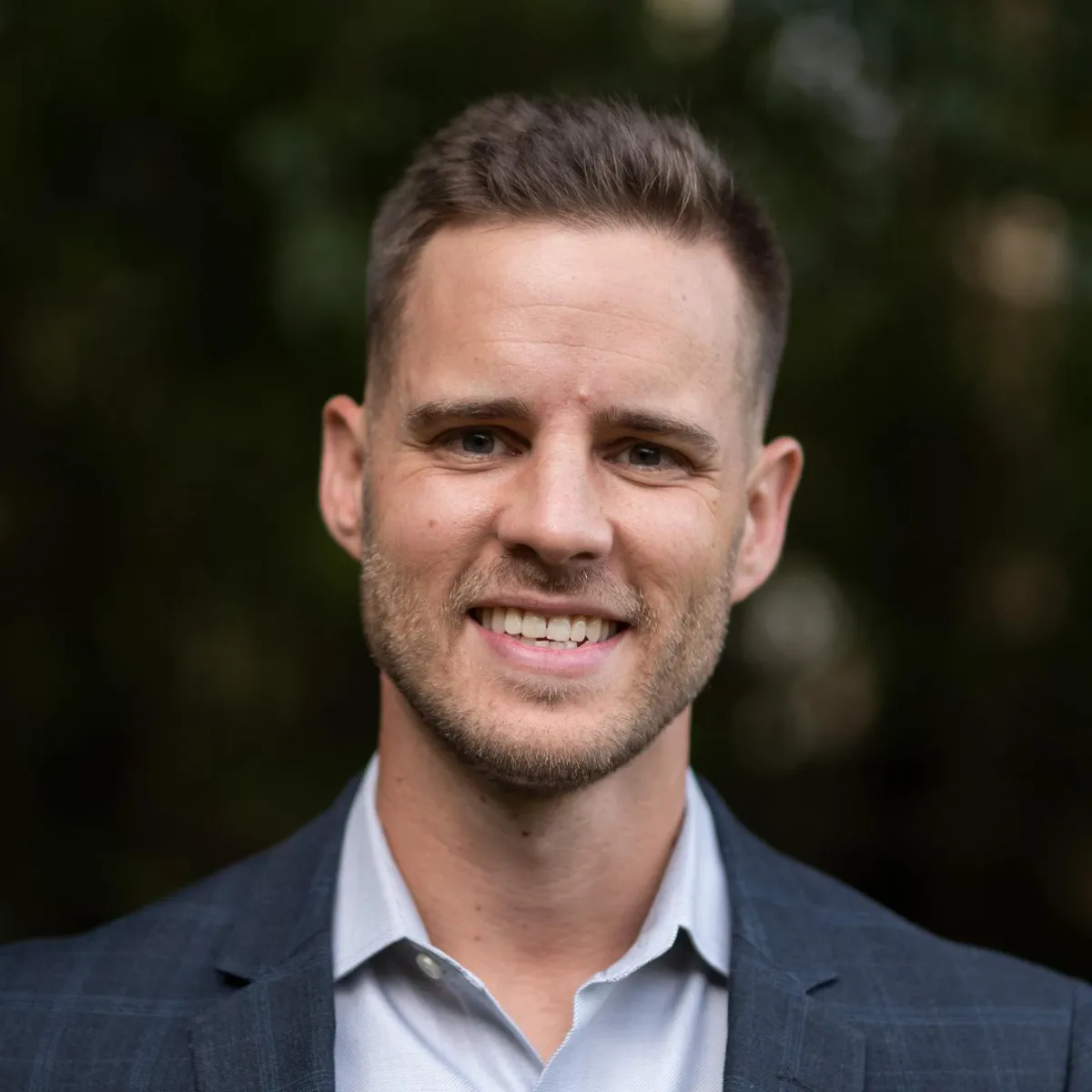
Special Guest Expert - Scott Ritzheimer

Scott Ritzheimer
Scott helped start nearly 20,000 new businesses and nonprofits and led his multimillion-dollar business through an exceptional and extended growth phase (over 10 years of double-digit growth) all before he turned 35. He founded Scale Architects to help businesses across the country identify the right growth strategies and find the right guides to get them on the fast track to Predictable Success and stay there as long as possible.
Connect with Scott:
Please Share This With Your Followers
